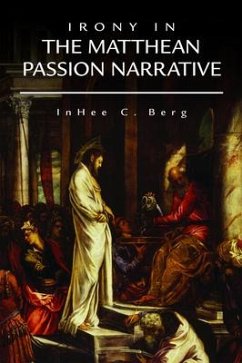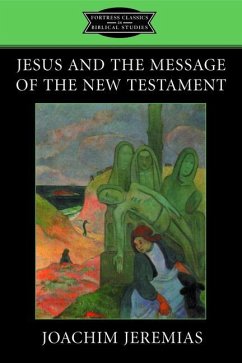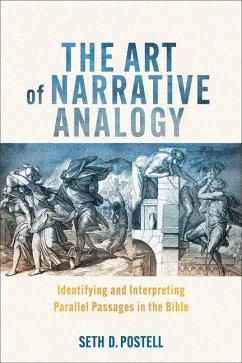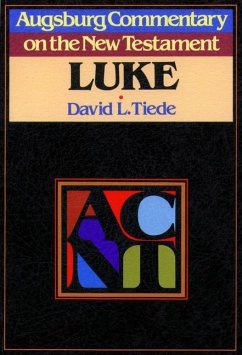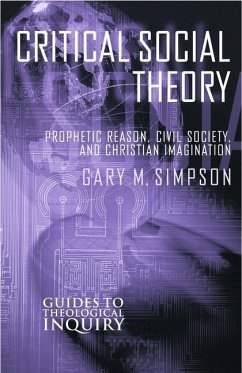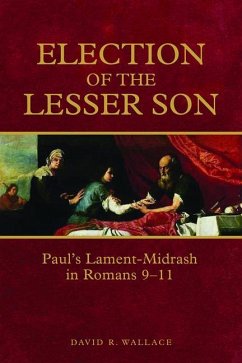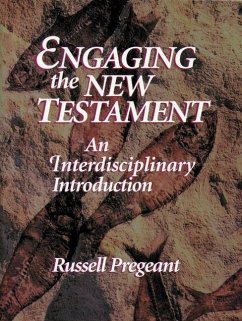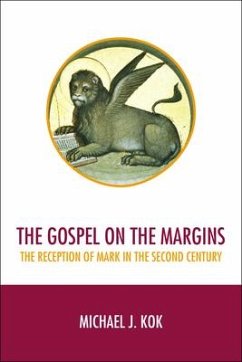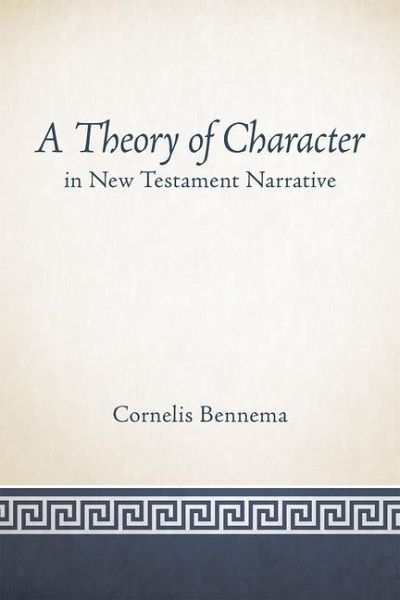
A Theory of Character in New Testament Narrative

PAYBACK Punkte
20 °P sammeln!
Cornelis Bennema presents a new theory of character in the New Testament literature. Bennema observes that there is still no consensus regarding how character should be understood in contemporary literary theory or in biblical studies. Many New Testament scholars seem to presume that characters in Greco-Roman literature are two-dimensional, Aristotelian figures, unlike the well-rounded, psychologized individuals who appear in modern fiction. Bennema offers a full, comprehensive, and non-reductionist theory for the analysis, classification, and evaluation of characters in the New Testament





